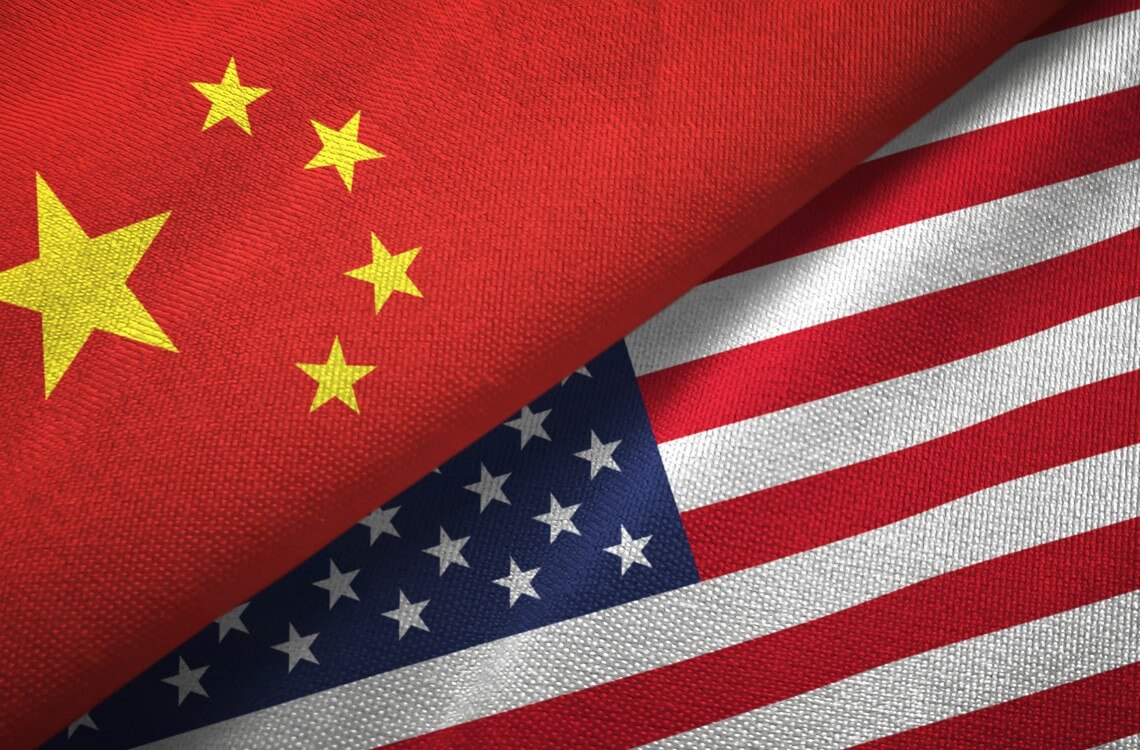When it comes to the escalating security challenges posed by China, the U.S. is at a pivotal crossroad. The evolving landscape of international politics and the digital realm is proving to be a formidable adversary. The intensity of China’s intelligence operations against the U.K., the U.S., and their allies has increased.
Beyond the traditional spheres of cyberattacks aimed at economic targets, China’s quest for control is now unmistakably political. The ultimate goal? Control the narrative and manipulate perceptions both domestically and internationally.
A New Battlefield: The Mind
It’s not just about economic espionage anymore. The Chinese Communist Party (CCP) and President Xi Jinping are unapologetically doubling down on their mission to shape global narratives. This isn’t your standard security concern. It’s an all-out assault on the collective psyche of global citizens.
Powered by state-of-the-art technology, disinformation campaigns have become more effective, further blurring the line between propaganda and reality. Democracies thrive on unadulterated facts, while autocracies, like China, have the advantage of operating without such restraints.
But let’s get one thing straight – it’s not about bashing China. The U.S. is no stranger to the game of international politics. Yet, the playing field has changed, and the challenges are multi-faceted.
The Three-Pronged Strategy: Confront, Compete, Co-operate
Confrontation is inevitable. If our democracy is at stake, if our citizens’ rights are being trampled on, we must speak up. However, a scattershot approach won’t cut it.
Voicing grievances is easy, but to make them count, there needs to be a unified stance. If we are going to call out cyber threats, it should be done in unison with our allies. If there’s one thing that China respects, it’s strength.
Competition is the name of the game. Let’s not kid ourselves; China is vying for dominance, especially in the tech sphere. President Xi realizes that leading the tech race is crucial for the CCP’s continued rule.
We’re talking quantum computing, AI, synthetic biology, and other game-changing technologies. The stakes are high – with dominance comes the power to rewrite rules, norms, and entire systems. The U.S. cannot afford to lag.
But let’s be rational. The solution doesn’t lie in completely isolating China. Decoupling entirely is unrealistic, even reckless. What the U.S. can do, however, is de-risk. We need to fortify our strengths and develop alternatives in key areas. It’s about maintaining technological sovereignty.
Deals like the Aukus submarine agreement, which entails co-operation on advanced technology, could be stepping stones in the right direction. Additionally, fostering homegrown tech giants would give us a distinct advantage.
Last but not least, co-operation. Trade between countries remains largely beneficial. The issues we face – be it climate change, pandemics, or economic crises – are global. Addressing them requires collaboration. Refusing dialogue only amplifies risks, leading to misunderstandings and escalating tensions.
However, the need to engage shouldn’t be misconstrued as weakness. It’s a calculated move, a testament to strength and confidence. The U.S. should leverage its position, showing not just China but the world, that while it won’t be bullied, it’s also not averse to constructive dialogue.
In the end, as the U.S. grapples with China’s evolving security challenges, the path forward isn’t one-dimensional. The strategy requires a nuanced blend of confrontation, competition, and cooperation. The question remains: Is the U.S. ready to recalibrate its approach? Only time will tell.





